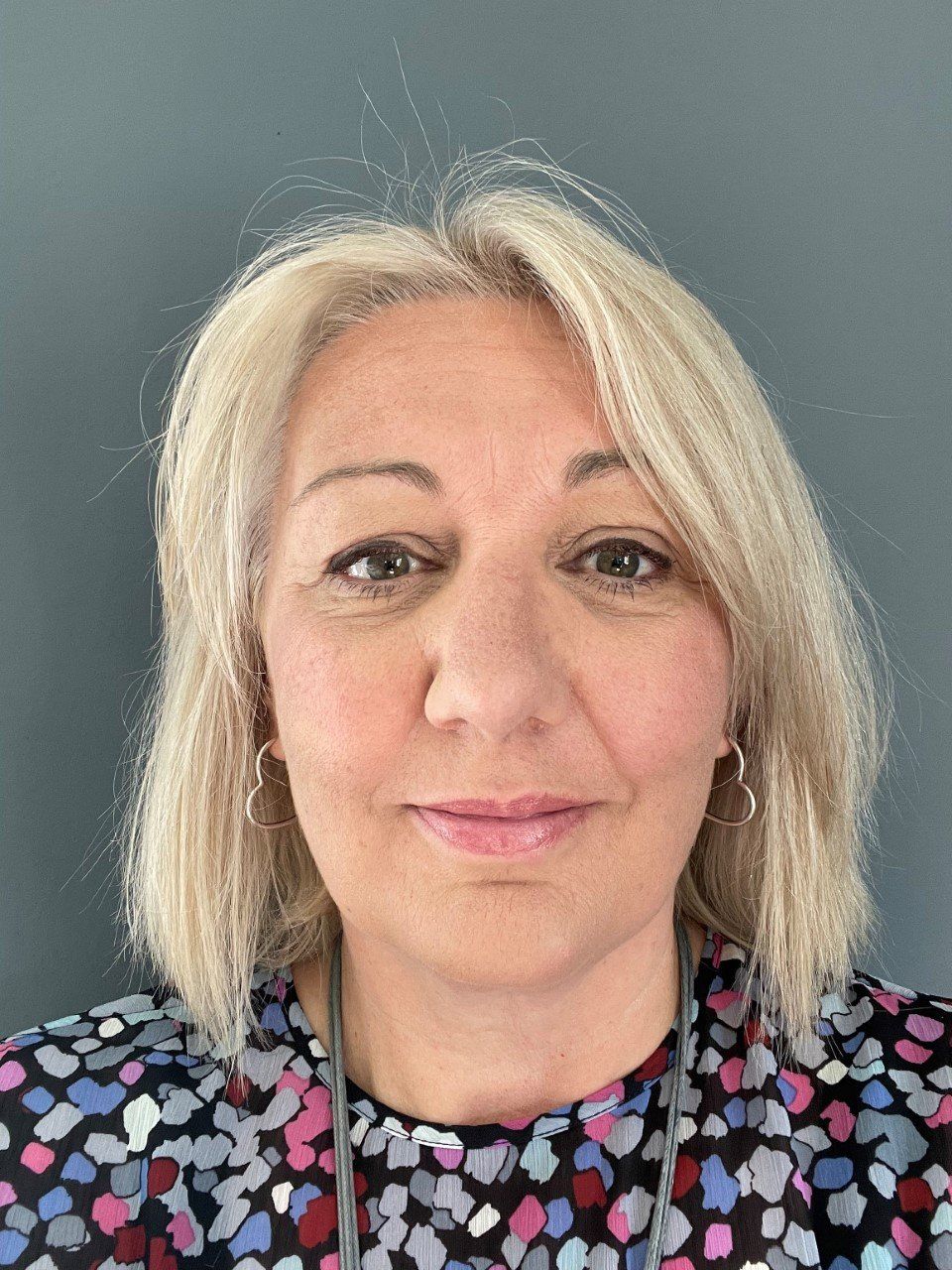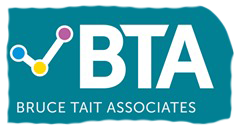21 December 2021 / Ingrid Webb
We have never in our lifetimes experienced anything quite like COVID 19 and I can’t remember a time when there has been such a lack of uncertainty in the air. We have all had to, and will continue to have to, adapt our everyday lives, the way we work and how we interact with others. We are craving a return to life as it was pre covid, but many of us may be thinking will we ever do so?
If you have been leading a rural third sector organisation throughout the pandemic, I want to say, good on you and, most importantly, how are you?
If you are a leader of a rural organisation my guess is that you have a huge sense of responsibility and drive to do meaningful things within your community. You probably have great ambition, you’re adaptable and don’t need perfect conditions to thrive. You seek a sense of purpose and want a moral connection to the things you do, you are upbeat, considerate of other people’s feelings, and boy, are you resilient. Hurray, you are a genuine super star, and our rural communities are lucky to have someone like you in them.
But really, how are you?
Let’s face it, leadership is an interesting balancing act. If you are anything like me, we gravitate to the role in which we can have most impact. The role which allows us to push, push, and push again for social change. I’ve spent over 30 years advocating for it in various roles, and for every successful step forward I was energised and motivated to take one more, and then one more again. I was driven by good practice and achieving good outcomes. I was like a sponge, asking questions of people I admired at every opportunity, watching others practice and adopting the good bits whilst discarding the bad.
Leading a successful rural third sector organisation can bring amazing opportunities, experiences, and a real sense of purpose. I was lucky enough to be asked to speak at national and international conferences, I sat on the Board of Social Enterprise Scotland and even had a lovely afternoon at Bute House chewing the fat with the First Minister. All wonderful and life changing experiences but all driven from a desire to spread the social word, do good things and feel useful in society.
I am proud of what I have done in my career, but all that time I didn’t realise that I was not mentoring a fundamental part of good leadership. There, I have said it, I admit it. I neglected an important component in how to maintain a strong, connected, and successful team. That component was my own wellbeing. I just didn’t know how to look after myself the way I did for others around me, and I kept making the same mistake repeatedly. Am I ringing any bells for you here?
Pre Covid, as a leader, I had gradually started to feel more isolated, lonely, and more and more tired. I kept telling myself, come on Ingrid, stop being lazy, and you’ve got this (literally I would say this to myself in the mirror on a regular basis). All the while not realising that what I was experiencing were the all too real signs of burnout.
Then, out of the blue, COVID 19 hit. That brought us all to our battle stations once more. We had to act fast, keep people safe, promote a knowledgeable approach to this virus, make sure we could pay people wages, make sure we could maintain some sort of service, communicate effectively, smile, find money, lead well, and adapt, adapt, adapt.
But then, as people started to come back to work, I started asking myself, was the precious leadership role I had held for so long, good for me. Was I ok? and I did not like the answers I was finding for myself.
After months of deliberation of should I stay or should I go, I said goodbye to the role I thought I would never leave. It was hard to let go and being from a small community, my departure did not fly under the radar. I was asked to go on local radio to reflect on my time with the organisation and had many impromptu conversations in the Tesco aisles with people asking me why I was leaving, could I not stay and what on earth was I going to do next? It all felt somewhat surreal, but I really did feel the loss.
I realise now that I was not the only leader in the same position and that I was in fact a real-life statistic within the “great resignation”.
A recent ACOSVO report states that many leaders in Scotland feel they receive little support in their role, and more than half of respondents surveyed said they wanted to leave their role within 5 years, with the majority looking to leave in less than 2 years.
Many leaders say they feel they are having to choose between their leadership positions and their healthy work/life balance and wellbeing.
So, bearing that in mind and having told you a bit about my story I now have a couple of questions for you. And when I say you, I mean you, not your board, not your team, not your stakeholders, not the people who you run the organisation to support, just you.
How are you? What keeps you awake at night? What do you not feel confident in but don’t feel you can admit to? What do you need? What would help you stay within your leadership role?
And most importantly, how can we help you?
As we go into 2022, we must find ways of sharing experience, sharing knowledge and sharing the load, I don’t want anyone to experience burnout so let’s start talking and find ways in which we can help you lead your organisations within our amazing and resilient rural communities.
SCIRA is a place where we can do that. A place where we can connect openly and honestly. It’s a place of positivity and empathy. It’s a place of fostering confidence and community. It’s a place for you.
Please join in with me and the wonderful Lisa Buchanan as part of Bruce Tait associates, to share your experiences, connect with other rural leaders and find ways of ensuring our organisations thrive into the future.
We really look forward to seeing you there on 20th January 2022.
Click here to book.


